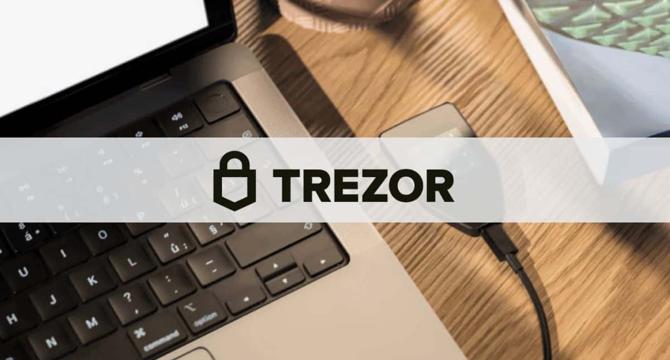Cryptopotato
1M
208

Image Credit: Cryptopotato
Why Hardware Wallets Are the Best Privacy Tool You’re Not Using in 2025
- The privacy landscape in crypto has shifted dramatically over the past few years, with centralized platforms enforcing strict KYC and AML regulations, necessitating the collection of personal information.
- Privacy concerns are heightened due to the risks associated with centralized companies holding personal data, including the potential for hacks, leaks, or misuse of information.
- Data breaches like the Coinbase incident in 2025 and physical threats against crypto holders highlight the importance of privacy and security in the digital asset space.
- Hardware wallets play a crucial role in protecting privacy by keeping private keys offline, reducing exposure to personal data collection, and offering control over transactions.
- Unlike centralized platforms, hardware wallets do not require user accounts or personal information submission, allowing for anonymous and private transactions.
- The open-source nature of hardware wallets adds a layer of transparency, enabling users to verify that their data is not collected, transmitted, or stored.
- Choosing the right hardware wallet, avoiding linking transactions, and acquiring crypto privately are recommended steps to enhance privacy and security when using hardware wallets.
- By following best practices and utilizing hardware wallets effectively, users can maintain their financial autonomy and protect their privacy in an era of increasing data collection in the crypto industry.
- Hardware wallets offer a way to secure one's assets and personal information in a decentralized manner, mitigating the risks associated with centralized platforms and preserving financial privacy.
- In conclusion, leveraging hardware wallets is a proactive step towards enhancing privacy and maintaining control over digital assets in an environment where privacy is increasingly eroded.
Read Full Article
12 Likes
For uninterrupted reading, download the app